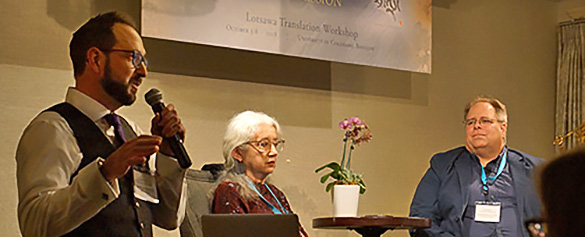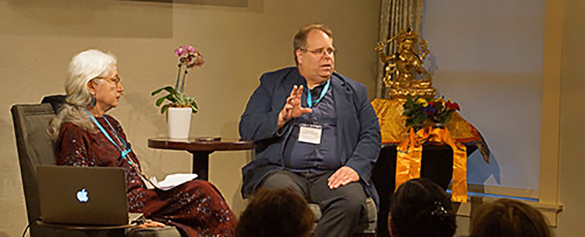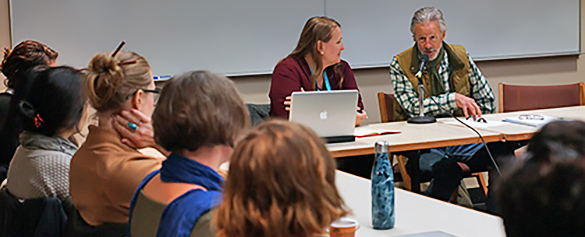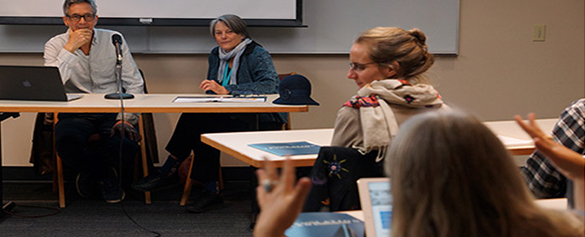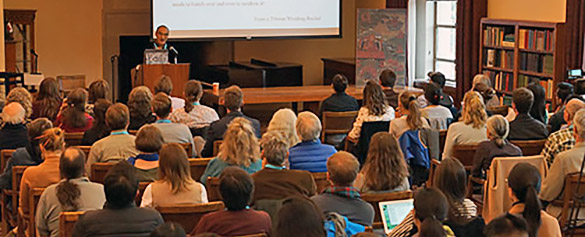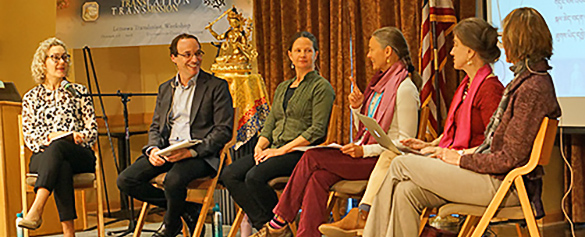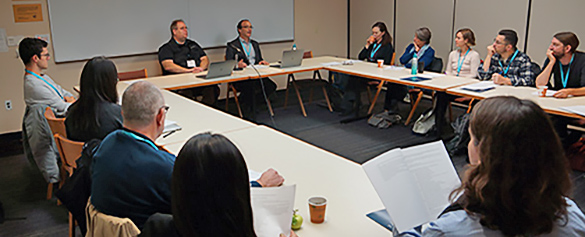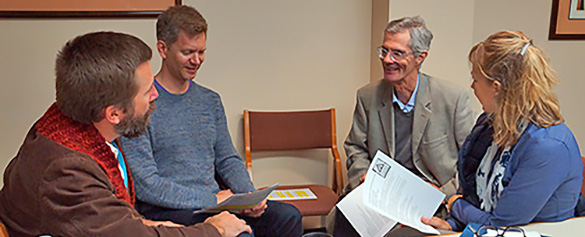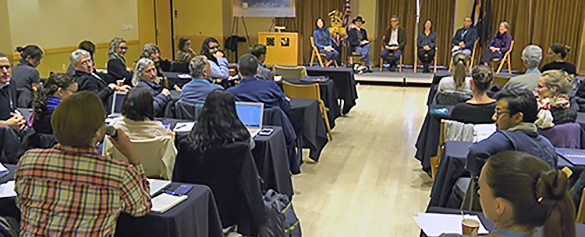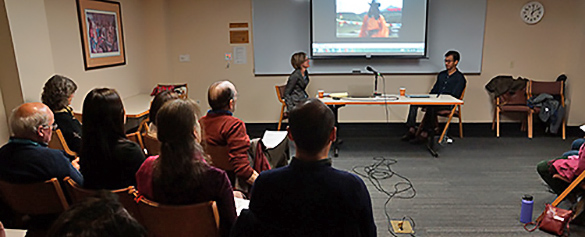Lotsawa Translation Workshop Opening Remarks
Marcus Perman2022-11-16T23:40:41-07:00Conference organizers Holly Gayley (University of Colorado, Boulder) and Dominique Townsend (Bard College) welcome participants and mentors. Holly thanks Tsadra Foundation for supporting the conference, and shares her inspiration for facilitating sustained dialogue about various genres of Tibetan literature. Dominique introduces the venerable speakers for the opening keynote.
Marcus Perman, Director of Research for Tsadra Foundation, encourages translators in their work by articulating the relevance of translated publications for the Western Tibetan Buddhist audience. Ending with a moment of silence for two bright translators who recently passed away (Chris Stagg and Gen Tsering Dhundup Gongkatsang), Marcus helps start the workshop with […]

